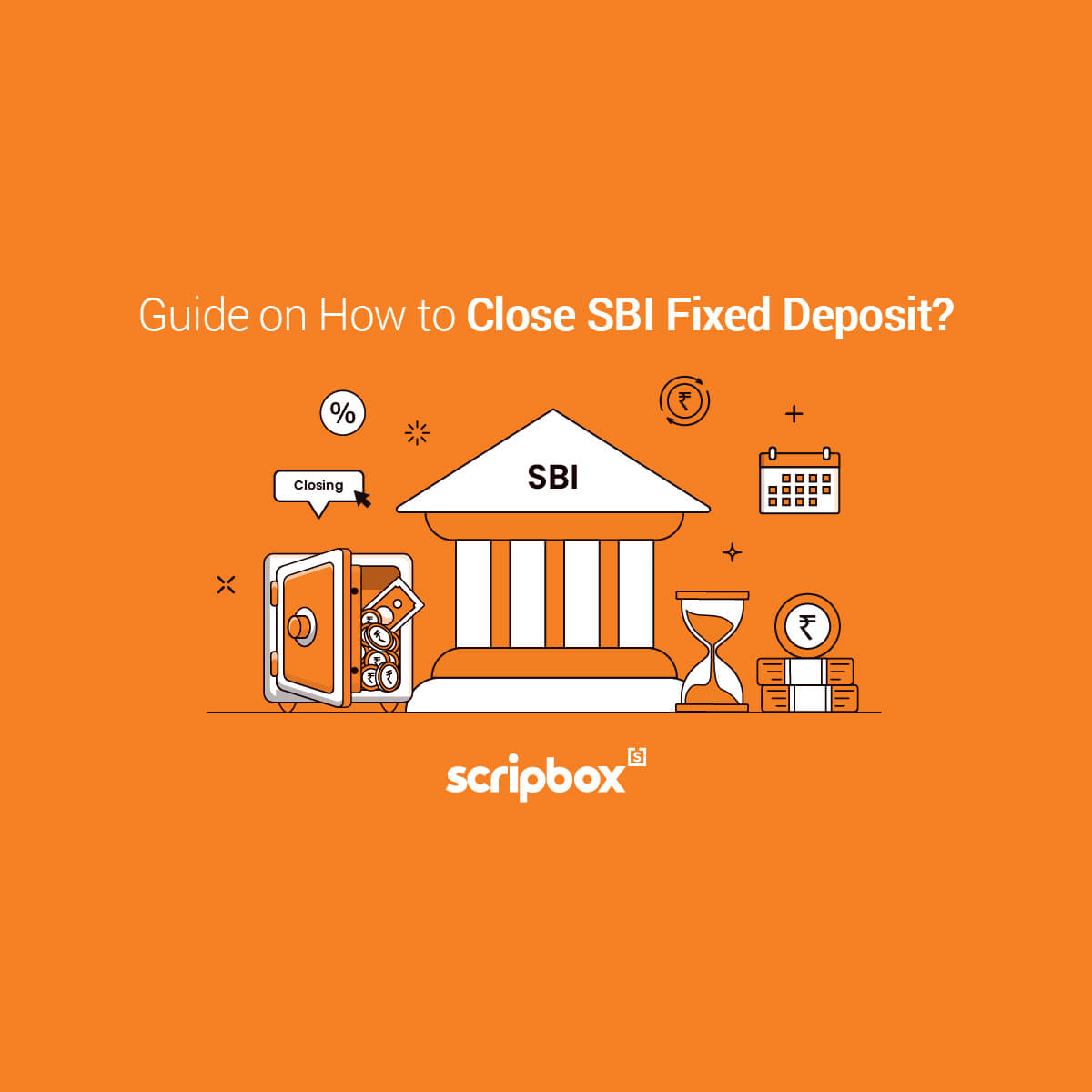A depositor can open the fixed deposit account in his/ her name. Alternatively, Fixed Deposit can be opened by more than one individual in their own names as a joint account. The Reserve Bank of India has laid down joint fd rules related to account opening, withdrawal on maturity, withdrawal on death, operation of the account and so on.
Joint Fixed Deposit Rules
- A joint FD account can be operated by either the primary holder or all the joint holders. This mandate can be changed by the joint FD account holders at any given point in time.
- All the joint holders must agree and provide a withdrawal mandate to the bank. This mandate is as per the Joint FD rules set by the RBI.
- In the case of a tax-saving 5 year FD, the tax deduction will be claimed by the primary account holder.
- The interest income will be taxable in the hands of the primary FD account holder.
Joint FD Rules for Withdrawal
For the purpose of withdrawal of the fixed deposit the joint account holders can provide any of the following mandates.
| Mandate | Description |
| Either or Survivor | In this mandate, the maturity value will be paid to either of the joint account holders. In the case of the death of any of the account holders, the value will be paid to any of the surviving account holders. However, in the event of a premature withdrawal, signatures of both individuals would be required. |
| Former or Survivor | Let’s say the FD account is jointly held by A and B. The instructions “Former or Survivor” convey that the Account will be operated upon by the “Former” “A” alone, as long as he/she is alive and after his/her death by the “Survivor” “B”. “B” is not to operate the Account during the lifetime of “A”. “B” can operate the Account only after the death of “A”. If “B” dies first the Account is to be operated solely by “A”. The legal representative of “B” will have no right to the balance in the Account or to operate the Account. Only the legal representatives of the last Account Holder after his death are entitled to the balance in the Account. |
| Anyone or Survivor/s | If the Account is held by more than two individuals, say A, B and C, the final balance along with Interest, if applicable, will be paid to anyone if all of them are alive. However, in the case of the death of any of the Account Holders, the maturity value will be given to any or all of the survivors. On the death of any one of the account holders say A, the final balance along with interest if applicable, will be paid to any two of the surviving account holders i.e. B or C. On the death of any two of account holders say A and B, the final balance along with interest if applicable, will be paid to the surviving account holder i.e. C. |
| Operated Jointly | FD Accounts which have operational instructions “operated jointly”, the operations and all the instructions in this account shall be accepted under joint signatures of all account holders. |
The above mandate will be applicable for FD maturity and premature withdrawal. This implies that these mandates will be operational only on or after the maturity of the fixed deposit. Hence, it becomes evident that a bank can permit a premature withdrawal on account death of a joint account holder to a surviving account folder. However, this is possible only if the account holders provided a joint mandate on premature withdrawal. Hence, it is crucial for any FD account holder to understand the joint FD rules regarding premature withdrawal while choosing any of the options.
Advantages and Limitations of a Joint Fixed Deposit
Advantages
- A joint FD account gives all account holders access to maturity value as per the joint FD mandate agreed on by the depositors. This makes it easier to keep track of your finances. Because all account holders are aware of the amount invested and interest to be earned there is less likelihood of “financial shocks” with a joint account.
- Having a joint account allows family members in separate cities to share and access maturity value and prematurely withdraw.
- A joint account is a simple method to keep track of your finances and those of your family.
Disadvantages
- If a person engages in criminal actions, the law may seize all of his accounts, including joint fixed deposit accounts. This may limit your ability to access your own funds.
TOP FD Articles























Show comments